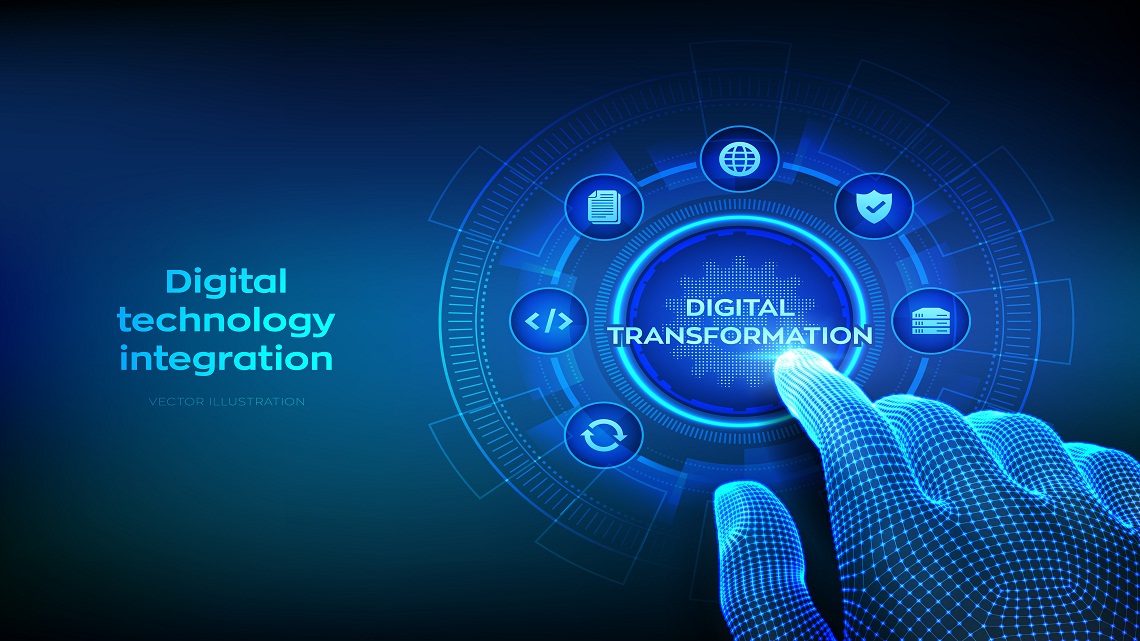
Early in 2025, David Jabali, a climate policy advisor at his firm in Nairobi, stood along the edge of Lake Victoria’s shoreline. Or what was supposed to be the edge up until last week at least. His face tightened, brows furrowing in seriousness as he watched the floodwaters creep way past what used to be his neighbourhood’s concrete embankments. But David wasn’t just thinking about the rising water levels. Just this morning, he read on his laptop about startups using artificial intelligence to map flood risks and governments speeding up solar installations in rural areas. He knew leadership in Africa now required more than mere speeches; it required action across climate, technology, and resilience, especially with 2026 just around the corner.
From Arraca’s expanding solar farms to Kigali’s virtual healthcare platforms, leaders in Africa are now facing dual challenges: climate change and digital transformation. These two forces don’t just wait around; they demand bold leadership that weaves sustainability, equity, and innovation into every strategic decision, a direction already visible in Africa’s climate pledges and digital ambitions. This is a sneak peek into how this great continent is addressing two major hurdles simultaneously in 2025.
Billions for Climate and Broadband for All
According to the African Union, the Second Africa Climate Summit (ACS2), held 8-10 September in Addis Ababa, cemented Africa’s position not as a victim but as an architect of climate solutions. Here, leaders adopted the African Leaders’ Addis Ababa Declaration on Climate Change and Call to Action, pledging to activate US$50 billion annually to support locally-led climate innovation across energy, water, transport, agriculture, and resilience.
At the same time, digital infrastructure and AI are increasing focus across policy roundtables. The African Union declared AI as a strategic priority in May this year, emphasizing ethical data practices, homegrown innovation, and skills development. Moreover, countries and private sector leaders are racing to expand broadband, build data centers, and introduce digital public infrastructure like interoperable ID systems and e-payments services. These efforts are taken not just for technology’s sake alone, but also to build adaptability against climate shocks and economic disruptions in the future.
New Practices Redefining Leadership in Africa
Here are three emerging leadership practices in Africa that are addressing dual challenges in climate and technology:
- Youth-Led Innovation and Climate Technology – Many young innovators in Africa right now are implementing tools for climate adaptation. In Morocco, Kenya, and Rwanda, agritech firms are now using drone imaging, predictive weather modeling, and mobile applications to help smallholder farmers predict droughts and flooding. Such leaders in the private sector partner with governments for a wider reach, helping even more people deal better with the climate crisis.
- Public Policy Anchored in Local Contexts – Today, African governments are increasingly integrating digital disruption into their climate policy. Through the ACS2, leaders highlight establishing the Africa Climate Innovation Compact and the African Climate Facility to promote local climate solutions. These mechanisms ensure that the voices of youth, women, and rural communities all contribute toward policy design in Africa.
- Dual-Track Investments in Digital Infrastructure and Green Energy – According to the World Economic Forum report, African countries are currently investing in both green infrastructure (sustainable transport and renewables) and digital infrastructure. For example, between 2023–2025, major investments like broadband extension, fiber-backed internet, and data centers coincide with hydroelectric projects and solar parks. These initiatives are presently implemented to enable flexible yet strong economic systems, especially in the regions vulnerable to extreme climate conditions.
Five Priorities African Leaders Mustn’t Ignore
Now, to lead Africa through rising climate risks and rapid digital change, leaders in Africa must:
- Build Capacity at the Intersection of technology and environmental science. They must encourage the youth regarding education and training, and promote incentives for people who understand both digital tools and climate sustainability.
- Adopt Inclusive Governance for Innovation – Policy frameworks should be such that they ensure data privacy, protect communities, and distribute benefits equitably, especially to rural, women-led, and youth initiatives.
- Expand Local Climate Solutions – If leaders use funding systems like Africa Climate Innovation Compact (ACIC), innovation hubs, and partner with the private sector, they can expand their renewable energy, early warning systems, and water management across the continent.
- Design a Robust Digital Infrastructure – Broadband, data centers, clean power, and interoperability all must withstand extreme climate disruptions so that they can serve in both urban and rural areas.
- Lead by Example with Sustainability in Operations – Governments, NGOs, and businesses must take measures to reduce their overall carbon footprints, use sustainable sourcing methods, move toward net zero, and model a positive behavior worth following.
Africa Delivers
David Jabali closed his laptop and looked up at the rising water levels of Lake Victoria and then at a group of workers fixing solar panels nearby. In Africa today, leadership no longer balances climate risks and digital promise; the two now overlap. It can be said with utmost certainty that the leaders who shape 2025 and 2026 will be the very ones who move beyond visions to implement, who adapt to climate change with digital strategies, and who lift every community, not just those in the cities. Africa’s next generation of captains demand no less, and the continent now shows it CAN deliver.
To read more, visit EMEA Entrepreneur.
